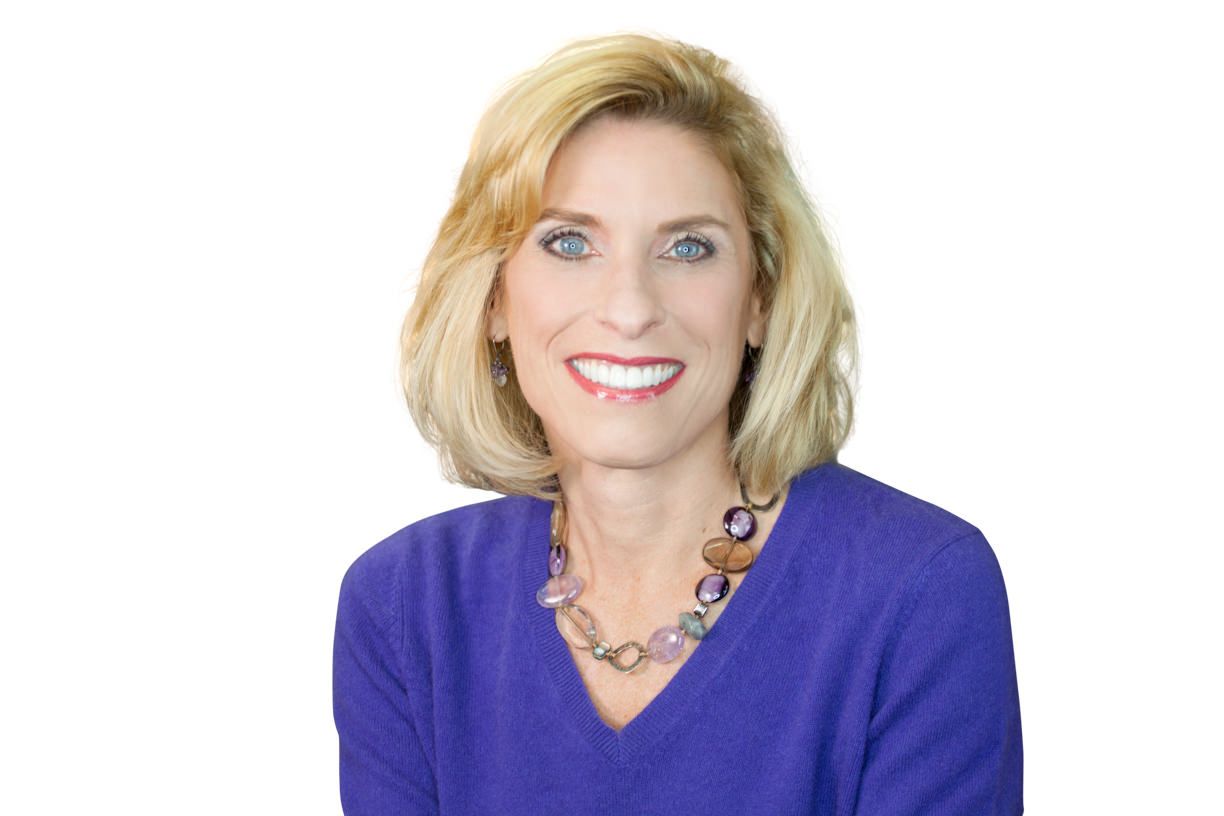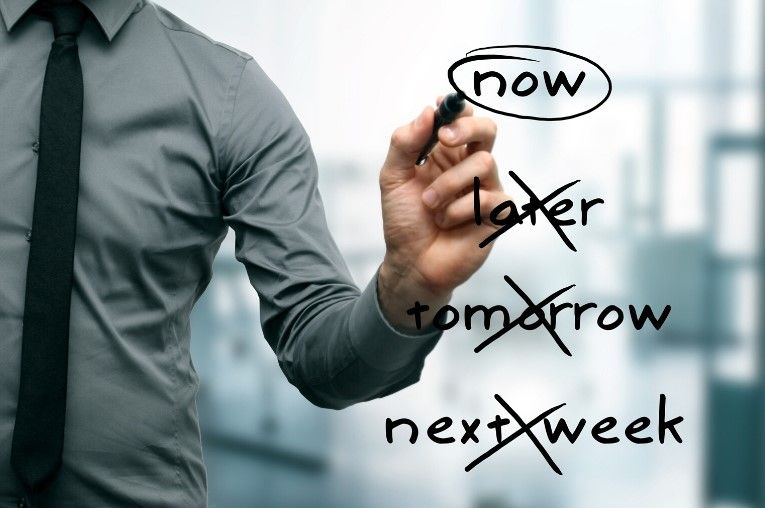Procrastination. I know. You may look at that word and think, “Can we talk about that later?”
The answer is no—unless you have already achieved everything that you would like to.
Recently, I came across a theory around why people procrastinate. I found it intriguing and then it stayed with me because of its (um, uncomfortable) accuracy. I thought it might be helpful to share what I learned: WHY we procrastinate, WHAT is often lurking underneath and HOW we can address and begin to free ourselves from it right now this very minute. Yes, this very minute.
Why Do We Procrastinate?
Think about the habits and patterns you repeat over and over. For each one, there is a “need” within us to have it, be it, do it—or we wouldn’t. Sometimes our “need” for a habitual behavior or way of thinking is to confirm an inner belief we have about ourselves and often, that inner belief is negative. Because it is based on a negative belief, let’s refer to it as a “symptom.”
If I have an inner belief that “I am not worthy” or “I am unworthy” then that may show up as an outer, chronic behavior pattern (or symptom) of procrastination. If you take a closer look, procrastination is one way to keep ourselves from doing what we need to do to get where we want to go and can keep us from achieving what we want to achieve. Choosing procrastination as a behavior pattern (whether it’s conscious or subconscious) also provides us with an opportunity to beat ourselves up and intensify the pattern. But criticizing ourselves only locks us into the very pattern or habit we are trying to change.
What Underlies Procrastination?
Our symptoms typically reflect an inner belief system (e.g., “I will never make any money”, “I am not enough” and/or “I don’t know what I want to do.”) The symptom allows us to reaffirm over and over that the inner belief is true.
It is crucial that the underlying belief be addressed in order for the behavior pattern and outer experience to change. If we only look at the symptom, (in this case procrastination), and not the underlying belief (“I am not worthy”), it will just show up over and again.
The good news is that we are only dealing with thoughts, and thoughts can be changed—no matter how long we’ve had them. Thoughts have no power over you unless you choose to believe them. You can begin to change your thoughts right now in this moment. They are simply words strung together. Only we give them meaning.
How Can You Free Yourself From Procrastination?
What can you do to address and free yourself from procrastination? The great news is that there are many things. Here are just 3 examples:
(1) No More Self-Criticism
Ever. Self-criticism is composed of icky, negative thoughts. Don’t feed them anymore. They block you. They keep you from being all that YOU ALREADY ARE. They are thought patterns that do not serve you. They never did and if you look at them closely, you may find that they were never your thought patterns in the first place. They are just things you heard or that were said to you over and over when you were quite young, but they were never true—and they still aren’t.
Author Louise Hay has shared that almost all of our programming, both positive and negative, was accepted by us by the time we were three years old. The way we were treated when we were very little is usually how we treat ourselves now. The person we are scolding is a three-year-old child within us.
The difference now is that you have the choice and opportunity to treat yourself the way you wish to be treated—to be kind, to begin to love, approve and accept yourself.
(2) Positive Affirmations
Use positive affirmations. You can get creative and make up your own. Here are a few of my favorites:
• I am willing to release the need to be unworthy.
• I am worthy of the very best that life has to offer, and I now lovingly allow myself to accept it.
• Everything is always working out for me.
(3) Ask Yourself, “What Would Self-Love Do?”
We may not always be aware of how tough we are being on ourselves. When you notice the urge to put something off, stall or procrastinate, stop and ask yourself “What would self-love do?” Really what you are asking yourself is what would you do if you were kind to yourself? What would you choose to do if you took good care of yourself? I have found this to be huge in noticing patterns and changing them into new choices that are positive and healthier.
Whatever I choose to believe becomes true for me. Whatever you choose to believe becomes true for you. It is not true if you believe it isn’t true. You can begin to make a shift today. What you are now choosing to believe and think and say is creating the next moment, the next day, the next month. What are you going to choose to believe is true for you in 2020?

Kate is the CEO of Soul Purpose and a Premier Success Coach from the Denver Chapter. She specializes in helping professionals and entrepreneurs across the U.S. who are stuck and want to move forward but don’t know how. Kate uses her 30+ years of corporate experience, her coach certifications and intuitive gits in a very personalized and specific way to help her clients stop struggling and get clear on exactly what they need to do to move forward and get rapid results



.jpg)







